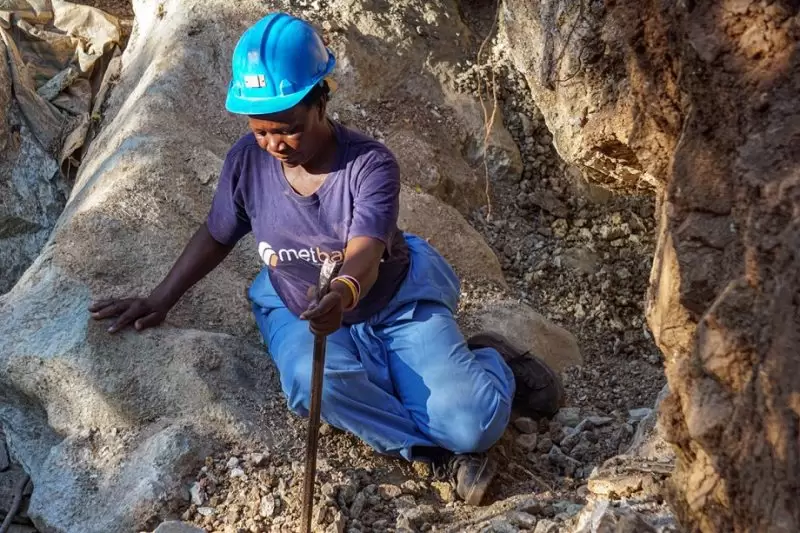By Alois Vinga
THE Economic Justice for Women’s Project (EJWP) has slammed the Mines and Minerals Bill for marginalising women in the mining sector arguing it falls short of empowering the gender group.
The Bill’s has been in the pipeline since 2012 following the government and other stakeholders’ bid to align it to current developments in the mining sector which has steadily become a major economic pillar since the turn of the millennium.
Information at hand indicates the legislative piece is currently at the Attorney General’s Office with public hearings set to kick off anytime.
However, during an EJWP stakeholder engagement meeting Tuesday, Civic Society Organisation (CSO) revealed the Bill turned a blind eye to many issues that would have been pivotal to the elevation of women in mining in Zimbabwe.
“Section 2 still leaves all mines under the privy of the President. This means you can be relocated anytime. This has effects on women in mining and women affected by mining. The Mines and Minerals Bill still defines a miner as “a man” ; the lack of inclusion of women is worrying. This then makes it insensitive to the emerging needs of women.
“Women are carrying the yoke or burden of mining and mining related engagements in the communities. Implied is the fact that the Mines and Minerals bill in Zimbabwe has left women worse off than before,” EJWP established.
EJWP director Margaret Mutsamvi
The CSO said such kind of legislation if passed into law will further perpetuate limited women’s access to land, natural resources and collateral based loans.
The EJWP said men still have most access to the benefits, which consist primarily of employment and income, while women and the families they care for are more vulnerable to the risks created by Extractive Industries, which consist of mostly harmful social and environmental impacts.
As a result, the CSO said mining towns in Zimbabwe are characterised by environmental degradation, loss of water, limited housing, high levels of sexual immorality, influx of sex workers and STIs with the nature of such problems somehow hitting women much harder.
“It is time we engage all key stakeholders and find a lasting solution to alleviate women in the mining sector and other spaces. The good part is the Bill will soon be in parliament and this gives women an opportunity to give their input through public hearings,” EJWP director, Margaret Mutsamvi added.
